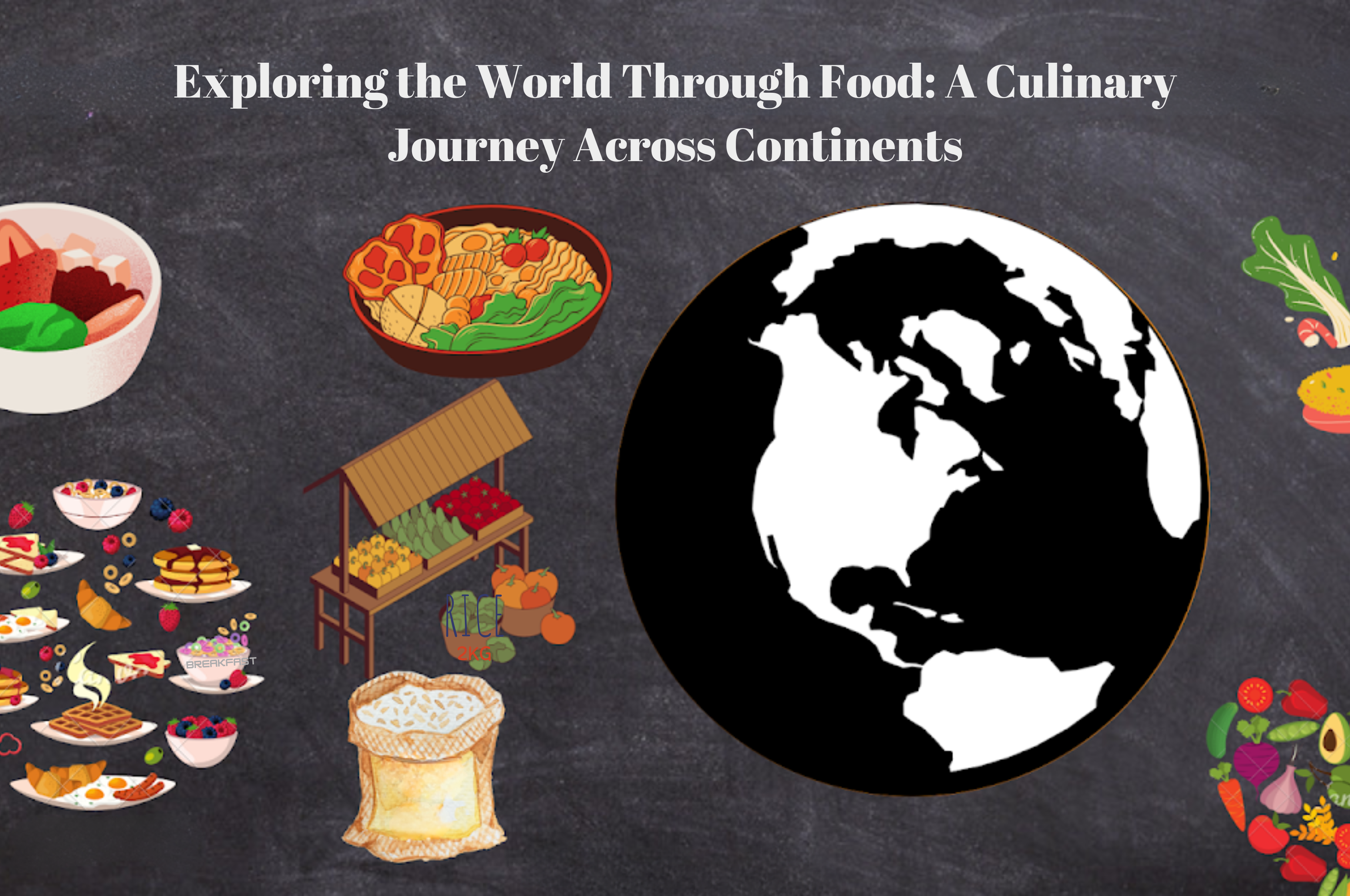For students studying abroad, diving into local cuisine is more than just a culinary adventure; it’s a profound way to enrich their international experience and forge a deeper connection with the culture. When you step into a new country, immersed in a completely different environment, everything from the street signs to the landscape offers new experiences. Yet, among the myriad of ways to explore a culture, few things can offer as deep an insight into your host country’s heritage and lifestyle as the exploration of its cuisine. Food, with its complex layers of flavors, preparation methods, and communal consumption, serves as a direct link to the history, values, and soul of a society.
The Language of Food
Food speaks the universal language of hospitality and community. Across cultures, it’s a form of expression that carries the stories and traditions of a people. When you share a meal with locals, you’re not just tasting ingredients but also partaking in the communal spirit that meals foster. Every dish is a lesson in the geography, climate, and economic history of your host country — the spices tell tales of ancient trade routes, and the staple grains signify the agricultural backbone of a region. Hence, by exploring local cuisines, students gain insights into the very fabric that weaves society together.
Breaking Bread, Building Bridges
For international students, food can be a bridge to meeting new people and forging friendships. A shared meal can break barriers, turning a table of strangers into familiar faces. Participating in food-related social events, cooking classes, or market tours can provide unique venues for interaction that go beyond the classroom. These experiences not only amplify linguistic skills but also enhance cultural understanding. They offer the chance to learn local slang, understand cultural etiquettes, and appreciate the nuances of non-verbal communication, all of which are invaluable for a holistic study abroad experience.
The Flavor of Tradition
Local cuisine is a tapestry of the country’s history, with each dish emblematic of different periods, migrations, and influences. For students, delving into traditional meals is akin to a hands-on history lesson. Whether it’s learning about the origin of pizza in Naples or the complex blend of indigenous and Spanish influences in Mexican food, each meal comes with a story. This exploration encourages students to view their host country through the lens of empathy and appreciation, recognizing the resilience, creativity, and diversity of the community.
Sustainable and Ethical Eating
Exploring local food markets also offers lessons in sustainability and the global food system. It provides a clearer understanding of where food comes from, how it’s produced, and the environmental impact of food choices. Encouraging students to eat locally not only supports the local economy but also reduces the carbon footprint, promoting more ethical consumption patterns. Through this lens, food becomes a medium to discuss broader issues like climate change, economic disparity, and global connectivity.
A Taste of Language and Literature
Moreover, food exploration can enhance language skills and literary appreciation. Menus, recipes, food labels, and even street food signs become practical tools for language learning. Literature, too, is rich with culinary references that offer insights into the cultural significance of certain meals, ingredients, or food rituals. Understanding these references can deepen students’ comprehension of local literature, poetry, and film, enriching their academic and cultural studies.
Personal Growth and Adaptability
On a personal level, navigating a new food landscape teaches adaptability and open-mindedness. Trying unfamiliar foods can challenge preconceptions, encouraging students to step out of their comfort zones and embrace new experiences. This adaptability is a skill that transcends culinary boundaries, benefiting students in all areas of their personal and professional lives.
Conclusion
Ultimately, exploring and embracing the local cuisine of your host country is about more than satisfying your hunger; it’s about feeding your curiosity and nourishing your understanding of the world. It is an invitation to participate actively in the culture, to learn its rhythms, and to celebrate its diversity. For students studying abroad, it represents a unique opportunity to truly immerse themselves in the local way of life, transforming their time in a foreign country into a deeply enriching experience.
By treating every meal as an adventure and every dish as a lesson, students can turn their study abroad experience into a comprehensive educational journey—one that not only expands their academic horizons but also enhances their cultural competence and global outlook. So, as you embark on your study abroad journey, make sure to taste your way through the culture. You might just find that food is the ingredient that makes your global education truly come alive.


